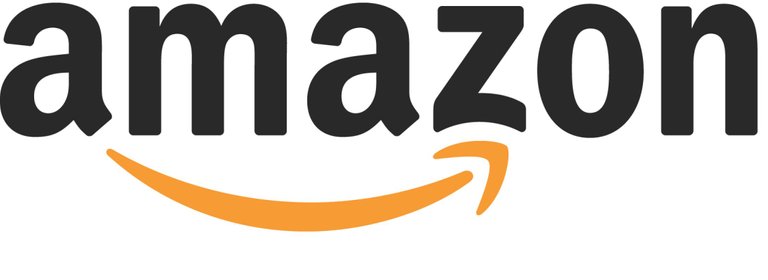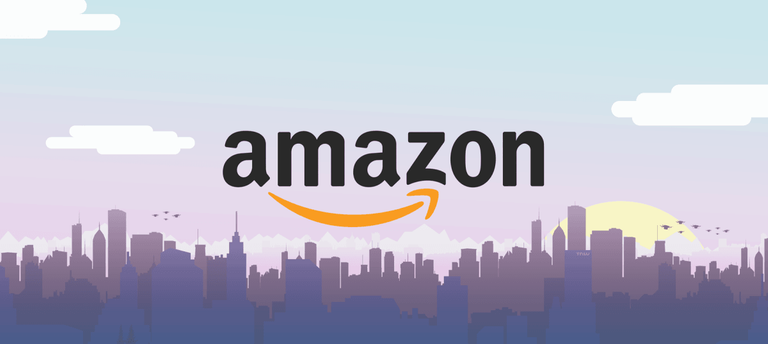
A trouble that the colossus of Jeff Bezos has tried to cut off many times, but with little construct. Because the network behind fake reviews is structured in a solid way and has organized a very difficult system to unhinge: the product is truly purchased by the user, so for Amazon it is a certified purchase. Too bad that the next day, the seller (or whoever for him) provides through an external channel, to refund the purchase with the addition of a compensation of a few dollars. An untraceable parallel road that puts Amazon in check and makes the lives of thousands of honest sellers complicated, which are struggling to stay afloat, in this sea of fake reviews.
On the eCommerce portal most important in the world, in short, there is a hell of untrustworthy reviews. Feedback rigged with compensation, without the Seattle company being able to do anything about it.
The huge business of sales on Amazon
With just over 760 billion dollars, Amazon is the second richest company in the world, after Apple. The CEO, Jeff Bezos, recently revealed that more than 100 million registered users of Prime service worldwide. Amazon operates 13 third-party vendors 'marketplaces and leases space to host these vendors' products in over 150 stores. According to the budgeted data, in 2017, third-party merchants fueled Amazon's turnover with $ 32 billion, and nearly 300,000 new sellers joined the market only last year. Selling on Amazon is a huge business. Buying positive reviews is a winning way, and the best way to get them, it seems, is to buy them.

The power of reviews on purchases
In an old 2011 survey, 87% of consumers said that a positive review influenced their decision to buy a product. Customer reviews are the second most trusted source of product information when making an online purchase. But the real problem is that only 3-10% of customers leave a comment. This is why the black market for fake reviews is out of date.
The secret groups of the reviews
The business of false reviews is born on the Net, on hidden channels (closed Facebook groups, but also simple forums accessible by invitation). There are sellers, often Chinese, "intermediaries" and reviewers. The seller is usually willing to pay a sum between 4 and 5 dollars for each review: it is an investment, a sort of marketing campaign. When a new product arrives to be pushed, the "intermediaries" post recall messages for the interested reviewers. And in a few days that product climbs the Amazon charts for positive reviews. Yeah, pity they are false.
Amazon's (useless) commitment
It must be said that over the years, Bezos has invested time and money to try to stem the phenomenon of fake reviews. In fact, compared to a few years ago, leaving a comment on a product on Amazon is much more complicated: it is necessary that a purchase is verified, namely that Amazon is able to track the transaction of trade between user and seller. But the system devised bypassed this constraint, and generated - according to a survey reported by Buzzfeed - over 5 million false reviews now on Amazon. About 10% of the total.
An untruthful review, written for remuneration, does not necessarily mean that a product is inferior. But it triggers a big problem: the difficulty for the consumer unaware of knowing whether or not what he is buying is a quality product.